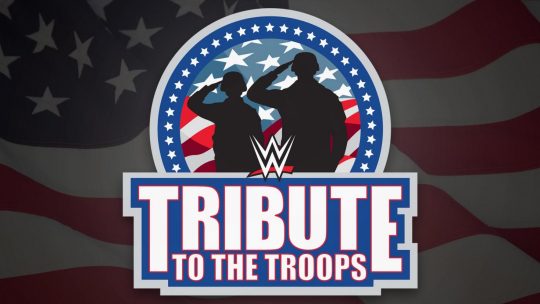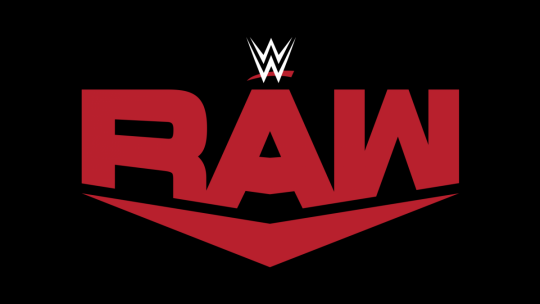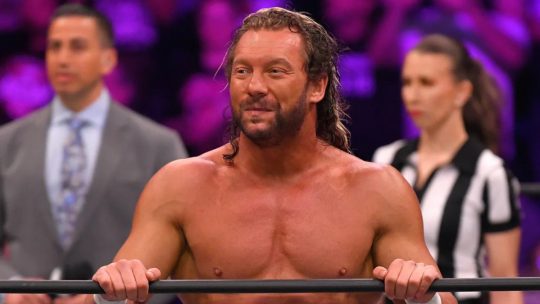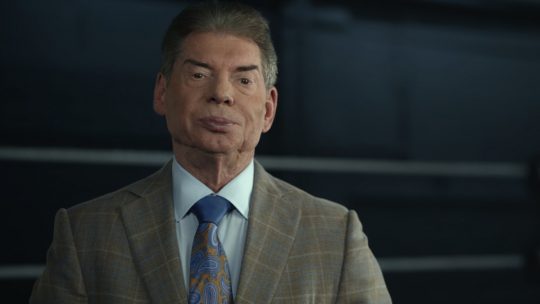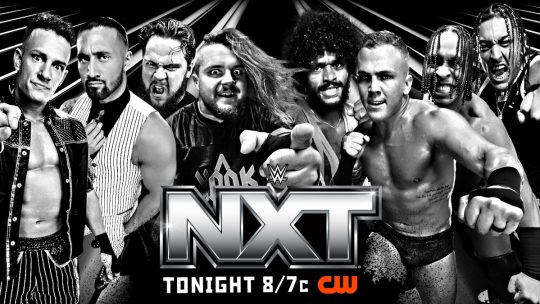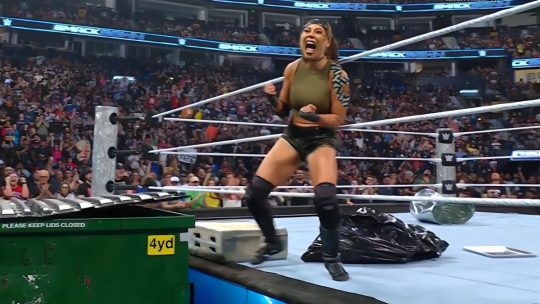Website PressBox had a recent interview with Bruce Prichard discussing working with Impact Wrestling’s previous management, Brother Love segments, and creating Jeff Jarrett’s gimmick in the WWE.
On the topic of Impact Wrestling’s previous management, Prichard didn’t have nice things to say about them. His biggest complaints were their lack of the vision and passion needed in order to succeed in the industry and his time there being very frustrating overall.
“The most-downloaded podcast — which has over a million downloads — is on TNA and my experience there the first time around, which was funny [because] that’s when they called me to come back. It was frustrating because all I’ve ever done in my life is be in the wrestling business up to that point. To have to deal with people that didn’t appreciate the genre — they really didn’t get it and/or want to get it. Vince McMahon’s a genius. For him to do something different, OK, great, I’ll try that on because I know that deep down he appreciates and loves the business. For the folks who ran TNA at the time, they looked at wrestlers as plumbers. They didn’t have an appreciation for what the talent did or what anyone did other than them supplying the money. They felt there wasn’t an art to it and it was very cut and dried. They looked at wrestling the same way they looked at power plants. That was frustrating.”
When discussing his Brother Love gimmick, Prichard stated he had a lot of creative freedom for the character. Vince McMahon would usually just give him some general ideas but left the rest up to Prichard and anyone else needed for a segment.
“Oh, god, no. You had Vince and Pat [Patterson], and J.J [Dillon] from time to time, that did creative. For my stuff, Vince gave me the idea of what he wanted for the segment and it was up to me and the talent to go out and get it done. He gave me points I needed to hit and an idea of where he wanted to go with it, but beyond that it was usually just me getting with the talent and saying here’s what we want to do.”
Later in the interview, Prichard revealed the origins of Jeff Jarrett’s “Double J” character in the WWE happened by pure chance because of a conversation he had with Vince McMahon. The original ideas for the character didn’t focus on Jarrett’s name having repeating letters nor his nickname as “Double J.” During the conversation, they suddenly realized how good the new idea was and made tweaks so Jarrett’s character now emphasized both as the basis.
“I was at the Holiday Inn in Nashville talking on the phone to Vince trying to figure out what we’re going to do with Jeff Jarrett because we were supposed to have all these locations lined up, but when I got there nothing had been done. I didn’t have permission to do any of that [stuff], so I knew I had to run and gun, and I wasn’t really confident in Jeff’s abilities to get it done, so I needed to keep it simple. I think I referred to him as ‘JJ,’ and Vince said, ‘Spell his name for me, there’s something there.” I said, ‘J-e-double f, J-a-double r-e-double t.’ He asked me to spell it again. He said, ‘Man, there’s something there with those doubles.’ I said, ‘Well, instead of calling him ‘JJ,’ let’s call him ‘Double-J.’ He said, ‘That’s it.” That was the conversation the night before the vignettes. Then I got with Jeff and told him what I wanted him to do. I used the same philosophy that I did with Ted DiBiase. I said, ‘Ted, I don’t care what else you do, but you have to nail at the end, ‘Everybody’s got a price for The Million Dollar Man.’ I don’t want people to forget that.’ And I did the same thing with Jeff Jarrett. I said, ‘I don’t care what you do in the middle, but at the end, you say you’re the world’s greatest entertainer, the world’s greatest singer, the world’s greatest wrestler, J-e-double f, J-a-double r-e-double t, Double-J, Jeff Jarrett.’ I made him say that so many times over and over and over again that it just became part of his common-speak. You ask if there were any scripts. No! Those vignettes were me, Jeff Jarrett and a camera man walking down Broadway in Nashville.”
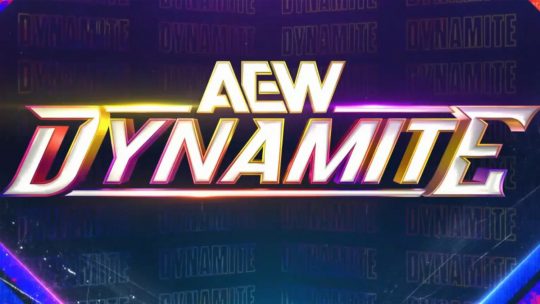 AEW Dynamite Ratings – Dec. 18, 2024 – Up
AEW Dynamite Ratings – Dec. 18, 2024 – Up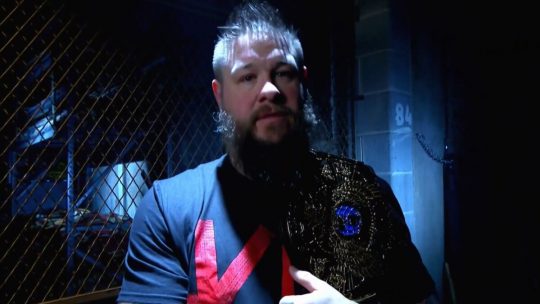 WWE: Kevin Owens on His Attack on Cody Rhodes on 12/14 SNME Show, Jim Smallman Announces Departure from WWE NXT Creative Team, More on NXT Dec. 17, 2024 Viewership
WWE: Kevin Owens on His Attack on Cody Rhodes on 12/14 SNME Show, Jim Smallman Announces Departure from WWE NXT Creative Team, More on NXT Dec. 17, 2024 Viewership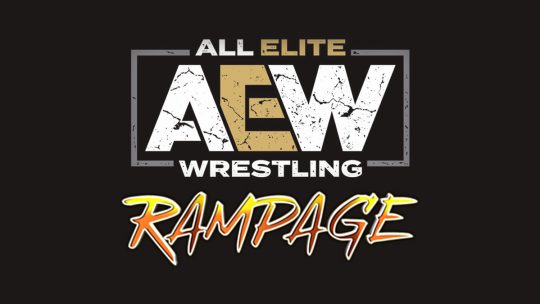 AEW: Tony Khan Confirms AEW Rampage Ending “For Foreseeable Future”, Taz Makes Return at 12/22 Dynamite Tapings, Jamie Hayter vs. Julia Hart Set for Dynamite Fight for the Fallen 2025 Show
AEW: Tony Khan Confirms AEW Rampage Ending “For Foreseeable Future”, Taz Makes Return at 12/22 Dynamite Tapings, Jamie Hayter vs. Julia Hart Set for Dynamite Fight for the Fallen 2025 Show